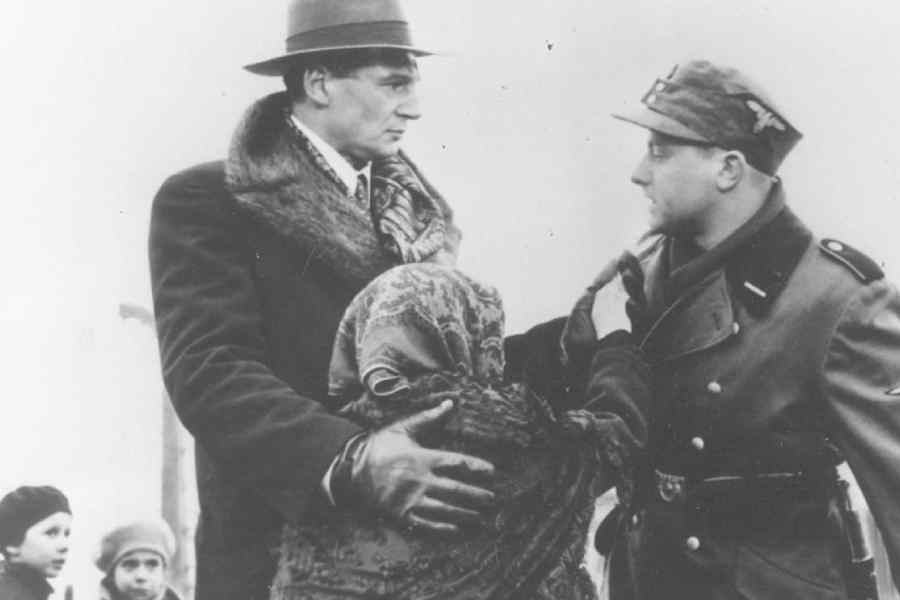At a time when anti-Semitism is on the rise globally, the 30th anniversary of the film, Schindler's List, serves as a reminder of the need to not let hate divide the world. A film is often a literal manifestation of human emotions helping us to relate to our own lives and surroundings. Thousands of movies are made all over the world in different genres and languages. But only a handful manage to leave a lasting impact, transforming themselves into cult cultural signposts.
Of late, hate, fuelled by religion and ethnicity, in particular, has come to grip the public imagination. Several films have, over the years, depicted the perniciousness of such hatred. A particular film that comes to mind in this context that depicts the monstrosity of ‘Othering’ and its gruesome consequences is Schindler’s List. Directed by Steven Spielberg, the film remains a masterpiece not only in the genre of war cinema but also for being an eye-opener to the Nazi atrocities that left their mark on the whole of humanity.
Schindler’s List delves into the true story of Oskar Schindler, a rich German industrialist, who had a central role in the Nazi regime’s economic machinery. The film is a brilliant exploration of how the otherwise narcissistic Schindler slowly grows disillusioned with the horrific Nazi policies, including the decision to send Jews to concentration camps as part of a pogrom. He devised covert schemes to deceive the Nazi officers who came for Jews by bribing them. He also provided safe passage to thousands of his Jewish workers but ended up being financially ruined in the process.
Liam Neeson essayed the role of Schindler, highlighting the complex emotions that Schindler’s character experienced on witnessing the atrocities perpetrated by the Nazis. Ralph Fiennes, too, did full justice to the role of Amon Göth, the sadistic SS officer in charge of the Kraków-Płaszów concentration camp in German-occupied Poland, who epitomised the channelling of hatred to carry out the extermination of an entire ethnic-religious community. Schindler’s List reminds the rest of the world that while there are people like Amon Göth who are devoid of humanity, there also are people like Oskar Schindler who do not think twice before risking their lives for the sake of saving countless others.
In a world split along the lines of hatred, a feeling of schadenfreude has crept into the hearts of a number of communities that refuse to share the suffering of others, such as those of innocent Jews and Palestinians who became victims of Hamas’ terror attack in Israel and Israel’s brutal retaliation, respectively.
Schindler’s List underscores the importance of promoting humanism, a theme that the psycholinguist and cognitive scientist, Steven Pinker, explored in his book, Enlightenment Now — The Case for Reason, Science, Humanism, and Progress. Hate is like a psychotropic substance that consumes people, impairing the rational and decision-making abilities of entire collectives. Consequently, revenge and retribution become normalised at a mass scale, culminating in recurrences of the Final Solution.
Schindler's List echoes such a message. It is time that the central message of the film is remembered and acted upon.











